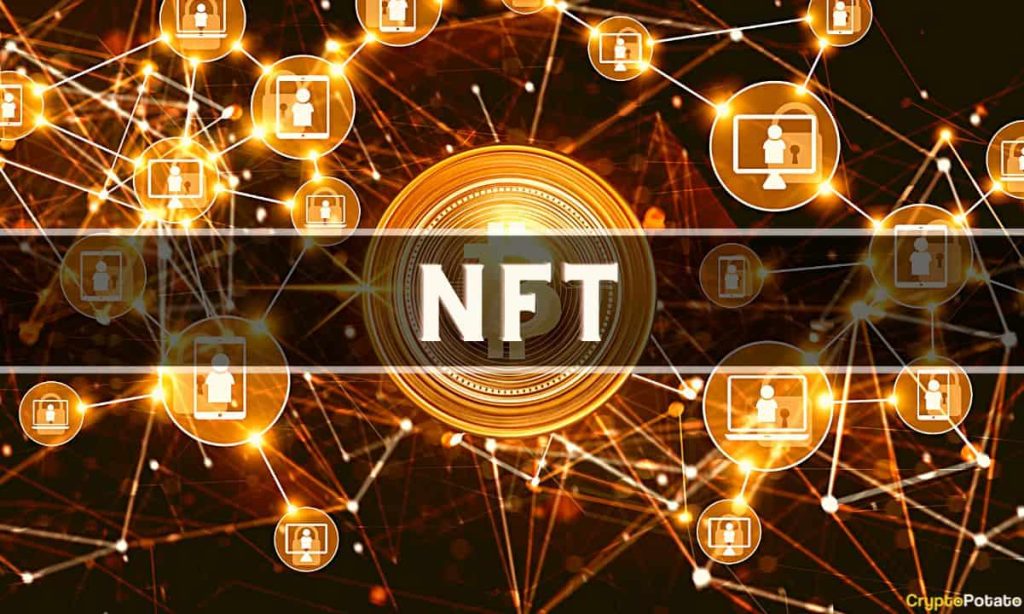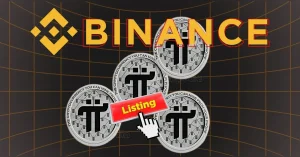Bitcoin Miners Generated $600K From Ordinals Transactions in 2 Months: Dune

Since the launch of the new controversial Bitcoin-based non-fungible token (NFT) protocol Ordinals in mid-December, miners on the largest blockchain have made nearly $600,000 in BTC transaction fees.
According to data from blockchain data platform Dune Analytics, a total of 81,468 Ordinals have been inscribed into the Bitcoin network. This has caused an upsurge in user activity and, as a result, increased the number of non-zero Bitcoin addresses.
BTC Miners Cash Out From Ordinals in 2 Months
As reported by CryptoPotato, Ordinals are Bitcoin NFTs that leverage the Taproot soft fork to inscribe data in the witness portion of BTC transactions. Created by Bitcoin Core contributor Casey Rodarmor, they were designed to number individual satoshis – the smallest unit of a Bitcoin – on the network.
Despite the level of opposition that Ordinals faced upon its launch, the protocol has helped increase miners’ revenue on the Bitcoin network. In just two months, miners have generated a cumulative $574,000 in transaction fees while the number of inscriptions continues to grow.
Blockchain data platform Glassnode noted that the emergence of Ordinals marks the first time in Bitcoin’s 14-year history that the network is being used for non-monetary purposes.
“This is a new and unique moment in Bitcoin history, where an innovation is generating network activity without a classical transfer of coin volume for monetary purposes. This describes a growth in the user base and an upwards pressure on the fee market from usage beyond the typical investment and monetary transfer use cases,” Glassnode said.
Ordinals Occupy 50% of Bitcoin Block Space
Furthermore, Glassnode disclosed that the new protocol had brought many new active users with non-zero bitcoin balances to the network, creating upward pressure on the market without significantly increasing transaction fees.
Notably, the Ordinals protocol has caused some competition for block space demand. The upper range of mean block size has increased from 1.5-2.0MB to between 3.0-3.5MB, with the inscriptions occupying almost 50% of the space.
In addition, Taproot adoption and utilization have increased to 9.4% and 4.2%, respectively.
Binance Free $100 (Exclusive): Use this link to register and receive $100 free and 10% off fees on Binance Futures first month (terms).
PrimeXBT Special Offer: Use this link to register & enter POTATO50 code to receive up to $7,000 on your deposits.













